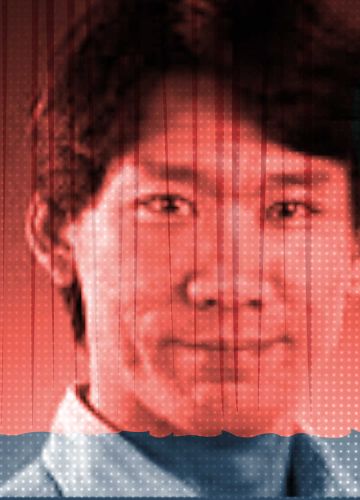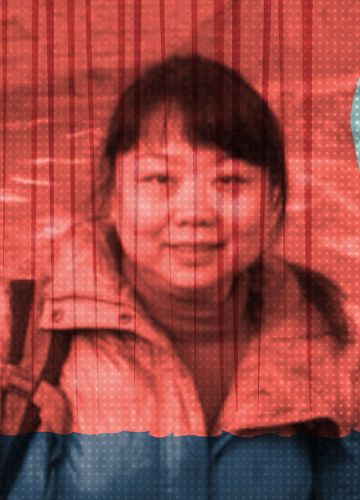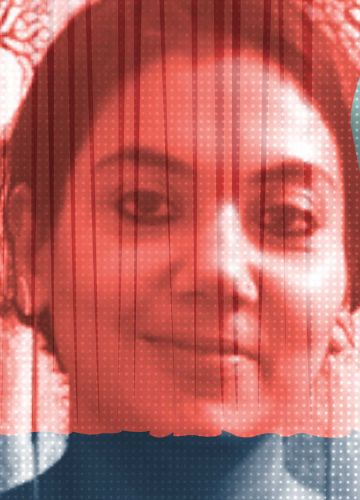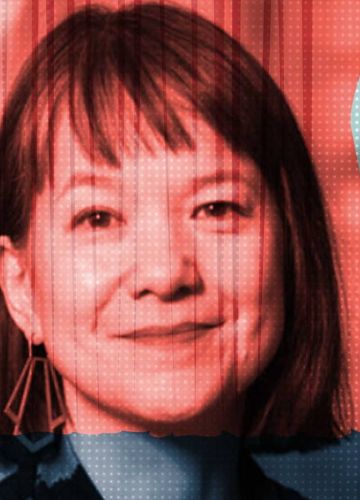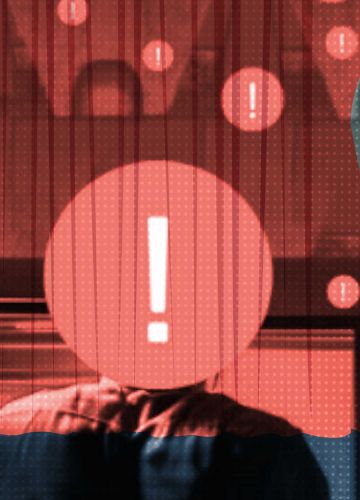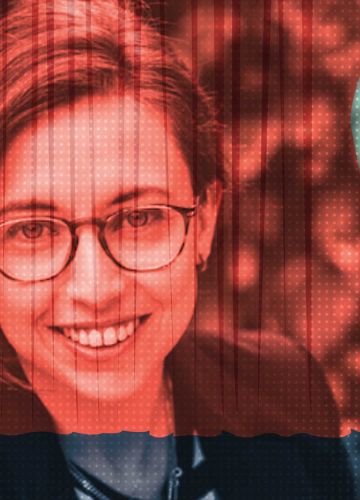The ‘Alternate Ethics’ of Chinese Journalism
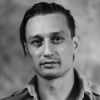
Ryan Ho Kilpatrick

Emily H. C. Chua
Ryan Ho Kilpatrick: Here at CMP we try to highlight the exceptional work of Chinese journalists and push back against the perception that there isn’t meaningful reporting being done in China. In your book, you warn that too much emphasis on journalistic excellence can lead to the motif of “pockets of exceptional journalists” that stand above the rest. Why is this problematic and how do you push back against it?
Emily Chua: What you focus on really depends on the kind of question you’re asking. If you’re interested in a specific kind of journalistic practice, like investigative or environmental journalism, then it makes sense to go look at the people who do that. But as an anthropologist trying to take up the question of news in China and the practice of journalism in China, I didn’t want to go in with a preconceived definition of what news is. I mean, it’s a discipline-specific thing.

Anthropologists try to understand what things are like in the field we’re investigating, which we assume will be different from anywhere else. I think that’s a difference between a media studies or political science approach to journalism and an anthropological one. With political science, it may be important to go in with a definition of journalism, but with anthropology we think that news is shaped by context, and can be different things in different places — it’s completely shaped by the context.
I wanted to go in with an openness to exploring what news meant in China. If I only looked at people who are doing a very specific kind of journalism, then I’d be missing most of the picture. I wanted to do an ethnography of the non-heroic journalists, the mainstream ones that don’t get highlighted and, as a consequence, are often assumed to just be cogs in the machine.
RHK: You observe that even these “non-heroic” newsmakers, the so-called cogs in the system, also exercise agency in their daily work. What are some of the ways they do this?
EC: Agency is a complex subject that gets theorized in a lot of ways. In the context of Chinese journalism, I was trying to push back against the way that agency tends to get conflated or even confused with something much more specific — basically, politically independent public speech. That’s a form of agency that’s closely associated with journalistic practices in the West.
In many Western contexts, that’s the whole purpose of journalism. But if your objective is to understand how news can be made and thought of and lived with differently in other places, then it’s important to broaden our sense of agency.
Everyone who’s done any study of Chinese journalists has said that journalism in China is complex. Everyone talks about how complex it is — and it’s true. That’s something I wanted to convey.
Even being a very ordinary, un-famous unheroic journalist actually takes a lot of work because of this complexity. All of them are managing these very dense and intricate and shifting political and commercial considerations and networks and relationships. I think their agency is really shown in the decisions they make about how to navigate and manage those demands, how to live with and make the most of and nudge those relationships in different directions.
Everyone talks about how complex [Chinese journalism] is — and it’s true. That’s something I wanted to convey.
Even the decision to comply with a censorship order at any given moment isn’t necessarily a lack of agency. It can be an agentive decision that’s based on calculations about what the costs and benefits are, what one’s long-term objectives are, and whether it makes sense to compromise in the short term in order to keep working towards a long-term goal that one believes in. Agency is everywhere once we broaden our conception of it.
RHK: Perhaps this can take us to what you call the ethic of efficacy. What do you mean by this and how does it differ from the ethic of truthfulness?
EC: The ethic of truthfulness is the way I label the established ideas of what journalistic ethics should consist of and what the role and purpose of journalism are: truthful representations of reality that inform and empower the public. The ethic of efficacy is the term that I use to try to conceptualize the alternate way in which the journalists I worked with went about their practice. Instead of thinking that because they weren’t subscribing to an ethic of truthfulness they therefore had no ethics, the goal was to try to conceptualize this alternate ethic that they had.
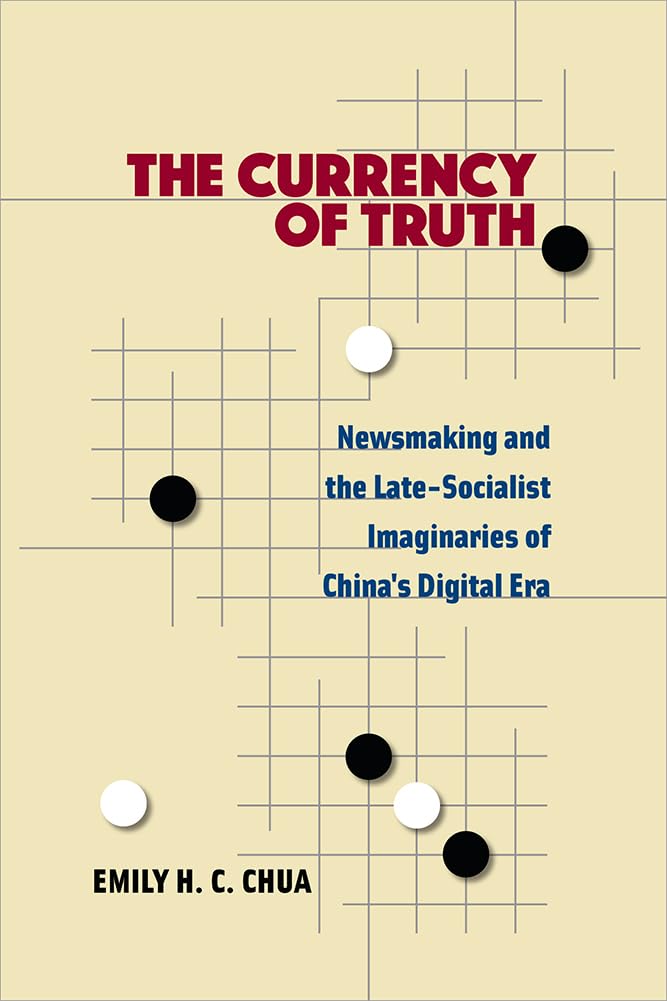
At one level, the ethic of efficacy is the ethic that governs the use of news as currency. But if we put that aside for a minute, it is an ethic that I think emerges in an era where the classical business models of the news industry no longer apply. The ethic of truthfulness — and the idea that journalists can and should simply focus on delivering truth — was historically enabled by a certain business model in which newspapers had a monopoly on an audience’s attention.
Agency is everywhere once we broaden our conception of it.
They use that attention to generate advertising revenue, and that steady stream of income enabled them to pay for journalists to do what they believed they should. Marketing and editorial work were completely separate. The revenue keeps coming in. The journalists keep doing their work.
That business model is in crisis all over the world, not just in China. The ethic of efficacy is something that I personally think of as a globally emergent contemporary phenomenon.
I’m not an expert in journalism anywhere else, but I don’t think it’s entirely exclusive to China. It’s an ethic that governs journalistic work in an age where the old revenue streams just aren’t there anymore. Journalists now have to think about survival, about the survival of their newspaper, about their own survival in the industry. And when they have to think about survival, then they can’t be focused entirely on truth, on delivering important truths. So journalists now have a multiplicity of objectives that they have to achieve with their articles.
Efficacy is the term that struck me as useful to convey the goal of the journalists I worked with who wanted to be effective in using their news articles to survive, to contribute to the survival of their news-making practice, which meant both their own careers and their newspapers as a business.
But at the same time, they also drew limits. They didn’t want to go to the point of treating news only as a means to make money. They had colleagues whom they felt were mercenary that way, or whom they considered to be going beyond an ethically acceptable limit in the way they used their news articles to achieve instrumental ends. So it’s trying to maintain this ethical balance of being practical but not being grossly instrumental and vulgar and selling your practice out completely.
RHK: Let’s walk back a bit to the concept of the currency of truth. What do you mean by that and how do you see it as a product of the digital news era?
EC: In the classical news model, when we assume you have an audience and a monopoly on their attention, you can call that “the public,” and you can think of “the public” as a stable thing that’s just out there receiving the messages you send to it.
But in a digital era, where there’s a lot of content competing for attention, publics aren’t just sitting around waiting for you to give them some information. It comes down to the kinds of business models that newspapers need to come up with under conditions like this, where you don’t have an audience that’s just waiting to pay for and read your content. The argument is that news articles in a moment like this don’t necessarily reach a public.
They have the potential to garner public attention. I call this their publicness. This possibility that this might become an object of public attention gives a news article a certain kind of value. Businesses with products and shares to sell and government and party officials all have an interest in this publicness. So the potential of a news article to garner attention makes it a kind of currency for people in political and commercial networks.
The goal of that analogy was to explore how newsmakers work in a context where news has this quality, and where news articles circulate in this way. Being a newsmaker in such a context involves transactional relationships and a certain kind of strategizing, but it also gives rise to different kinds of ideals and ethics.
RHK: I want to unpack another interesting turn of phrase that you use, which is turning the Communist Party from a main character in the media landscape to background noise. What do you mean by that?
EC: I was trying to push back on what seems like the dominant tenor of a lot of discussions of news in China, where the automatic assumption is that if you’re talking about news in China, the main character is the Party. But it depends on what question you’re asking. If you’re a political analyst who’s interested in the Party, then it makes sense for you to make the Party your main character. But that’s really just one of the facets of the practice and culture and life of news and journalism in any place, and in China in particular.
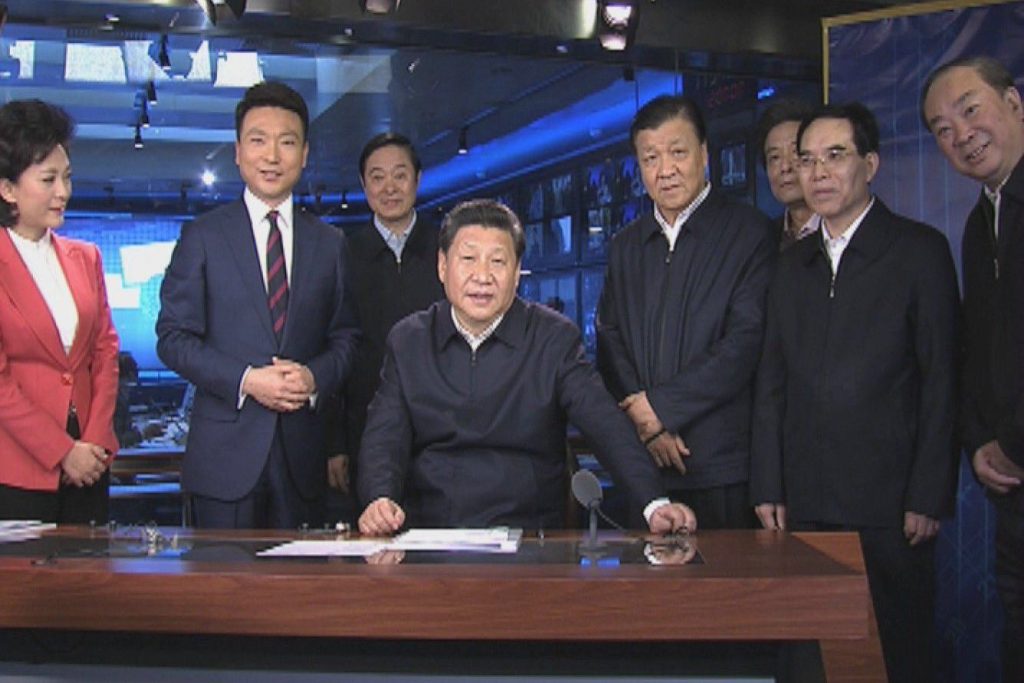
Ethnography has the capacity to bring out ground-level perspectives, and everyday life and reality on the ground is so much richer and more complex and in a way more chaotic and less mechanical than you’re able to appreciate when you start out with this main character, the Party that does what it wants and gets what it wants. The process of getting there is actually much more fraught and complex and contingent and in a way fragile than we necessarily see.
RHK: Another interesting way you characterize the media landscape in China is as a jianghu world reminiscent of wuxia novels. And is that because of the chaos and the confusion that you saw there, and was that different from what you expected to find?
EC: A comparative literature scholar, Petrus Liu, has written extensively about Jin Yong’s novels and their handling of the notion of jianghu. Liu calls Jin Yong’s characters “stateless subjects.” Reading him, I came to think of jianghu as a term that captures the relational quality of social existence. It’s an imaginary that focuses on the weight of relationships as opposed to the weight of the individual will.
Building on that, I try to use jianghu as a counter concept to Charles Taylor’s idea of the modern social imaginary that underlines all our modern institutions. This is the image of a world made of free, autonomous, equal individuals who voluntarily come together to form societies. When that’s your imaginary, it makes sense to think of the newspaper as something that people voluntarily come together to do, to benefit individuals, collectives, and societies.
But if you start out with the jianghu as your social imaginary, then you don’t imagine autonomous individuals voluntarily getting together to form a society. Instead, you start out with the idea of these binding relationships and everybody being born into and having to live within these networks of binding relationships, which are shifting and contingent, but also asymmetrical.
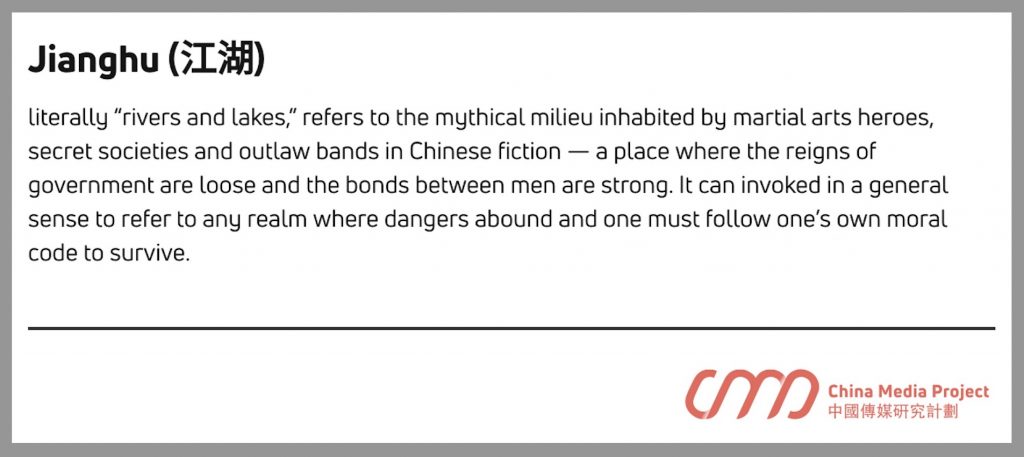
The book’s experiment was to approach journalism from the perspective of this very different imaginary. I found myself observing the weight of these relationships at the newspaper and the way an individual newsmaker, in their day-to-day actions, was not forced to do one thing or another but always had to consider the implications of their actions on the networks of relationships that they were embedded in.
The jianghu analogy tries to bring out the question of what it means to be an ethical subject in this social world. What is it to have ideals in a context where you are constrained not simply by censorship orders and commercial considerations, but by these relational obligations, these imperatives and responsibilities that come from the specific interpersonal relationships that one had with others.
RHK: So much has changed in the media landscape in China since you did your fieldwork in the early 2010s. Whereas the ethics of efficacy might have meant killing one story to do another meaningful one in a few months back then, now it could be a matter of years until they get to do something they find meaningful. How do you think these dynamics are different now?
EC: That’s a really good question and a tough one. I would agree with you completely that it seems to have pushed that horizon so much further. And you really have to have faith now. I think everyone recognizes that a lot of people have left the profession — and for a very good reason. The horizon is so far into the future that you really don’t know if it’s going to happen within the lifespan of your active career.
At the same time, I think that the usefulness of thinking about an ethic of efficacy rather than just looking at a lever of control that goes up and down, is being able to see that if and when things change, there is a whole world of people and ideas and relationships and practices that are there, that are going to respond to these changes.
It’s a pretty heavy-feeling industry. There’s not a lot of immediate excitement about imminent change. But at the same time, there are these deep channels of potential and thoughtfulness that it’s important to see.
RHK: I wonder if even it’s possible now to do the fieldwork you did back then.
EC: No, I don’t think so. It was a moment where people were a lot more relaxed and open. This is not the case anymore. I’ve spoken to people trying to start ethnographic projects around news in China and they don’t get anywhere. Even people I spoke to then are more guarded now, more careful.

Ryan Ho Kilpatrick

